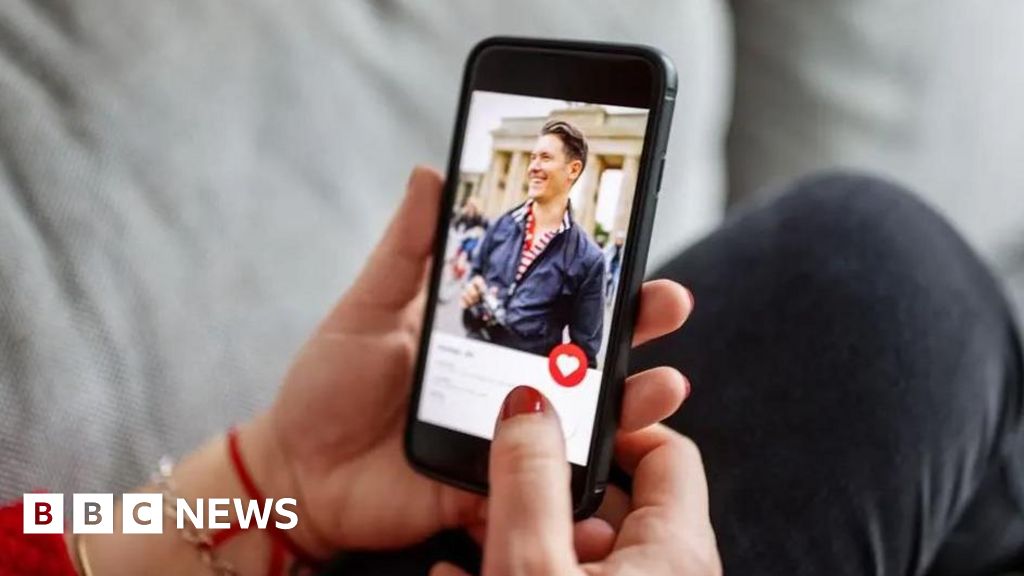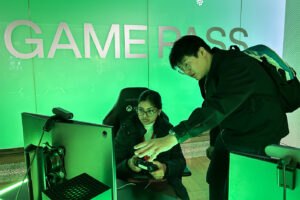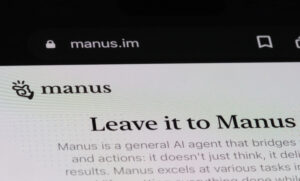AI in Dating Applications: A Challenge to Genuine Connection

The Impact of AI on Online Dating
Introduction to Online Dating
Online dating has transformed the way people connect and seek relationships. A significant number of adults—about one in ten—turned to online dating services in 2024, finding companionship through platforms like Tinder and Hinge. However, navigating the complexities of digital romance can feel overwhelming for many users.
The Rising Influence of AI in Dating Apps
Recently, Match Group, the parent company of several popular dating apps, announced its plans to enhance user experience with artificial intelligence (AI). This includes features aimed at helping users create better profiles and facilitating conversations. For instance, the company seeks to introduce AI-driven suggestions for date ideas after meaningful interactions in the app.
Researchers like Luke Brunning from the Centre for Love, Sex and Relationships at the University of Leeds, express concerns that these AI enhancements may complicate the dating experience rather than simplify it. Brunning emphasizes the need to consider whether AI tools genuinely assist in forging authentic connections or if they inadvertently hinder meaningful interactions.
Potential Downsides of AI Integration
Brunning points out the possible risks for certain demographics, especially younger users and those who lack familiarity with AI. He raises ethical questions about an industry that continually innovates without sufficient oversight. The concerns primarily revolve around authenticity and mental health, as users might feel pressured to present an idealized version of themselves.
Dani, a 37-year-old app user from Ilkley, shares her concerns about how prevalent dating apps can damage self-esteem. She notes that many people frequently delete their dating apps, indicating that the pressures of digital dating lead to burnout. In her perspective, the process of swiping through profiles reduces individuals to mere options, preventing genuine emotional engagement.
User experiences reinforce the notion that digital interactions can often lead to negative outcomes, such as ‘ghosting’—the act of suddenly ceasing communication without explanation. Charlotte, 38, has encountered this issue multiple times over her 10 years of using dating apps. She notes that this behavior breeds anxiety around dating, as both men and women might feel they are always on the lookout for a better match.
User Experiences and Societal Implications
Dr. Natasha McKeever and Brunning engage with various app users to discuss such experiences, which range from issues of trust to the pursuit of genuine connections. They explore how the introduction of AI complicates these interactions, especially for those who might already be navigating the fragile waters of online dating.
Social psychologist Dr. Sandra Wheatley highlights that individuals unfamiliar with presenting themselves could struggle further if faced with artificially enhanced profiles. She suggests that AI among vulnerable users could lead to a detrimental cycle of insecurity and lowered self-esteem.
The Current Landscape of Dating Apps
Recent statistics indicate a decline in users across popular UK dating apps, with Tinder, Hinge, Bumble, and Grindr experiencing loss of users from May 2023 to May 2024. Despite this trend, the convenience and popularity of online dating persist, continuing to be a primary method for meeting potential partners.
While researchers acknowledge the benefits of technology in facilitating connections, there remains a yearning for organic, face-to-face encounters. Many users long for the spontaneity of meeting someone in real life, highlighting a desire for more traditional forms of connection alongside digital communication.
The Future of Dating
As the world of dating continues to evolve, the combination of AI enhancements along with the allure of in-person interactions poses intriguing possibilities. It suggests that while technology will play a critical role, there is still room for genuine human experience in the search for love. Balancing innovation with authentic connections could shape a more fulfilling dating future for users.






